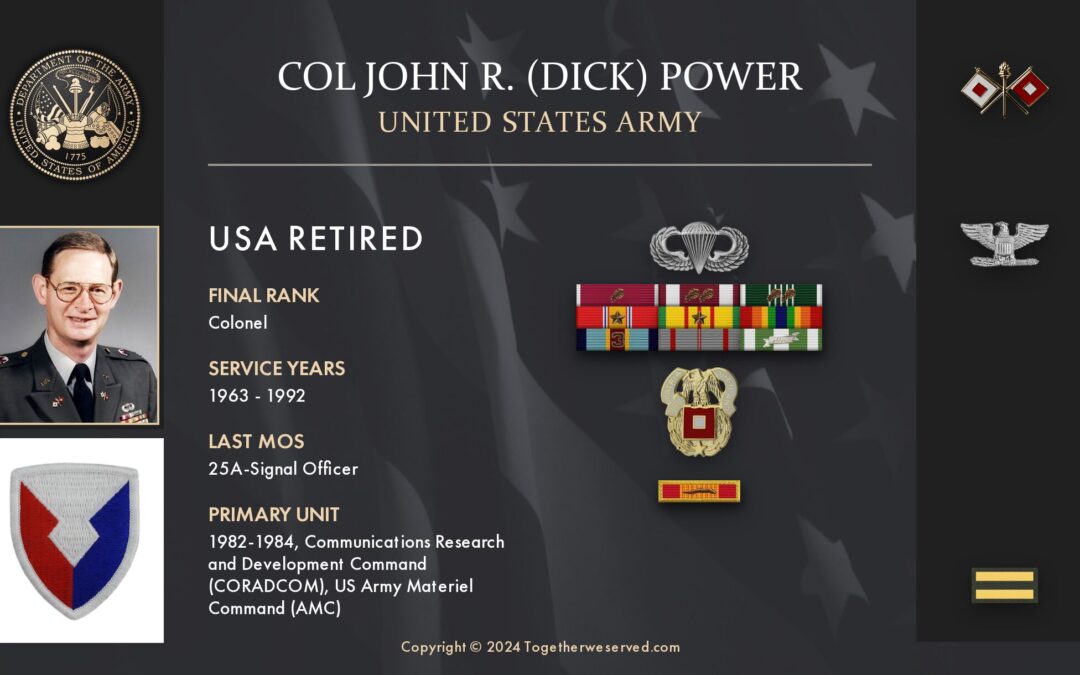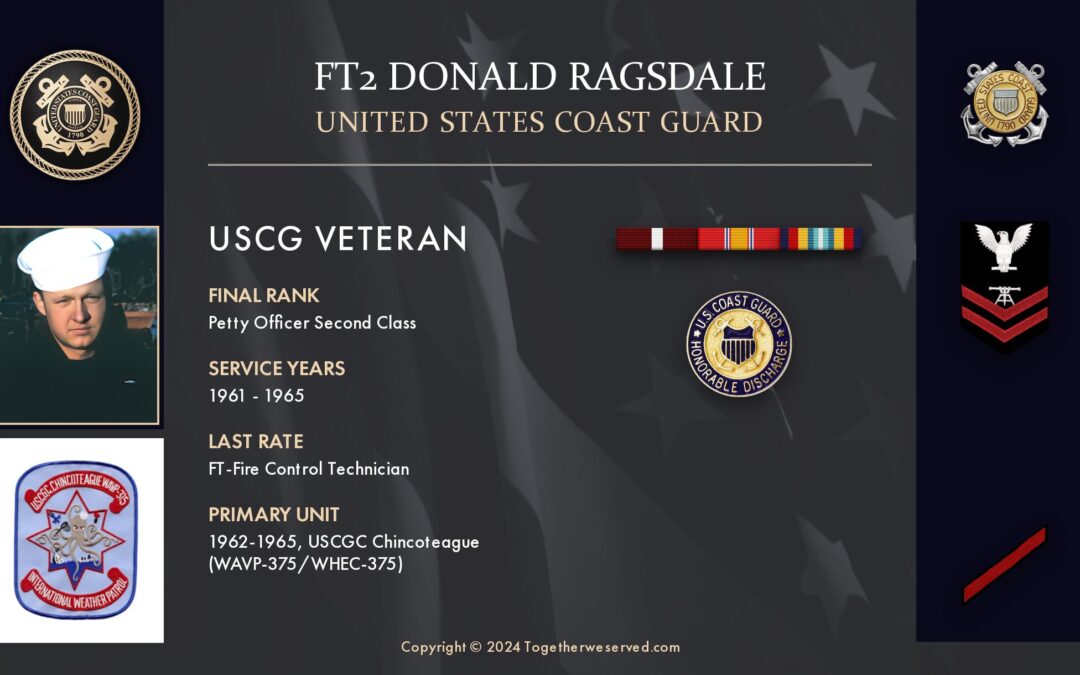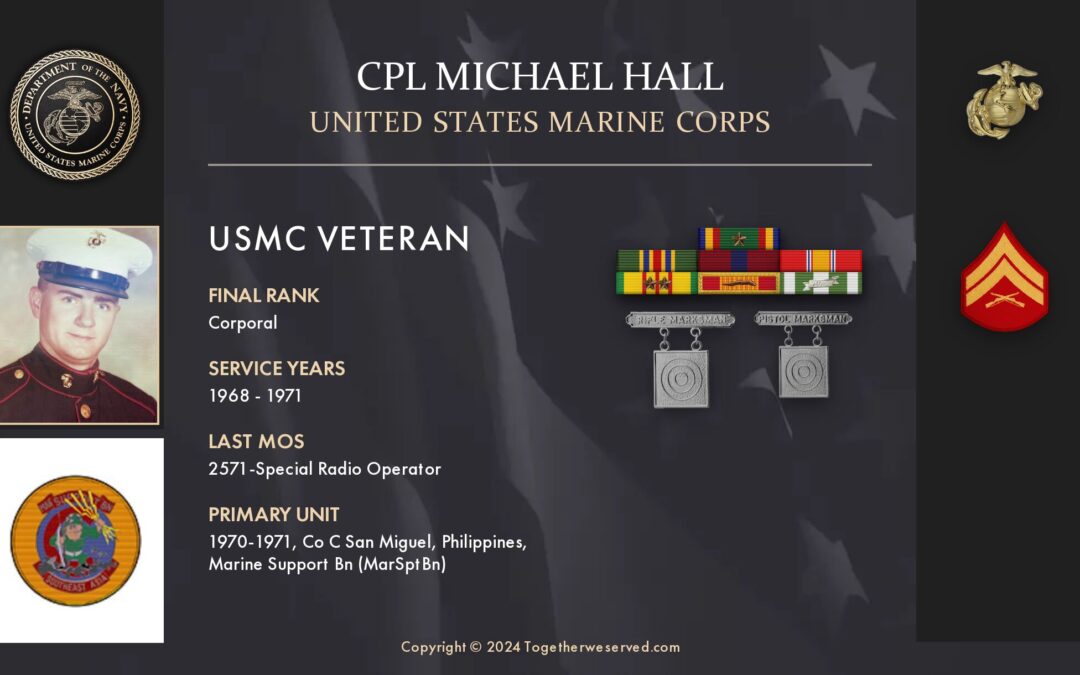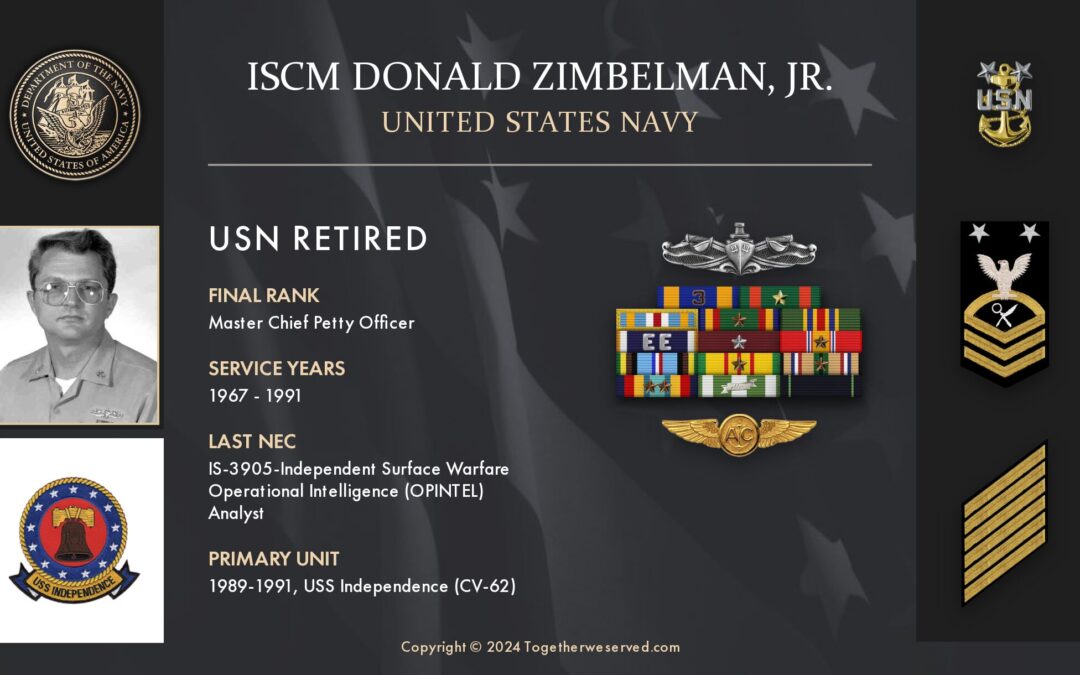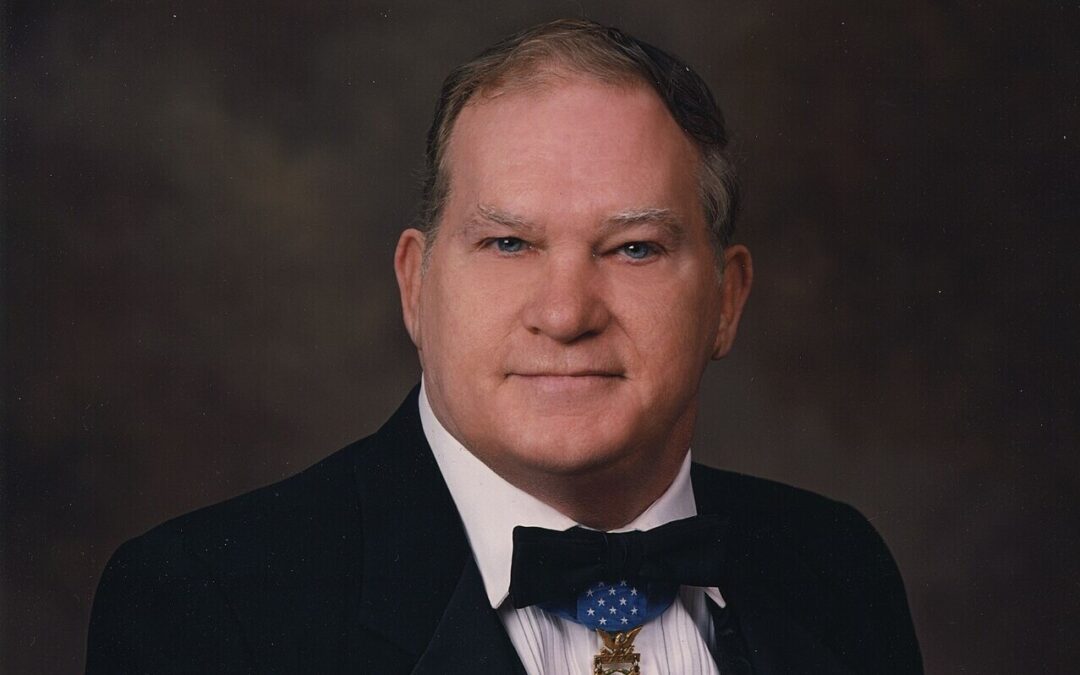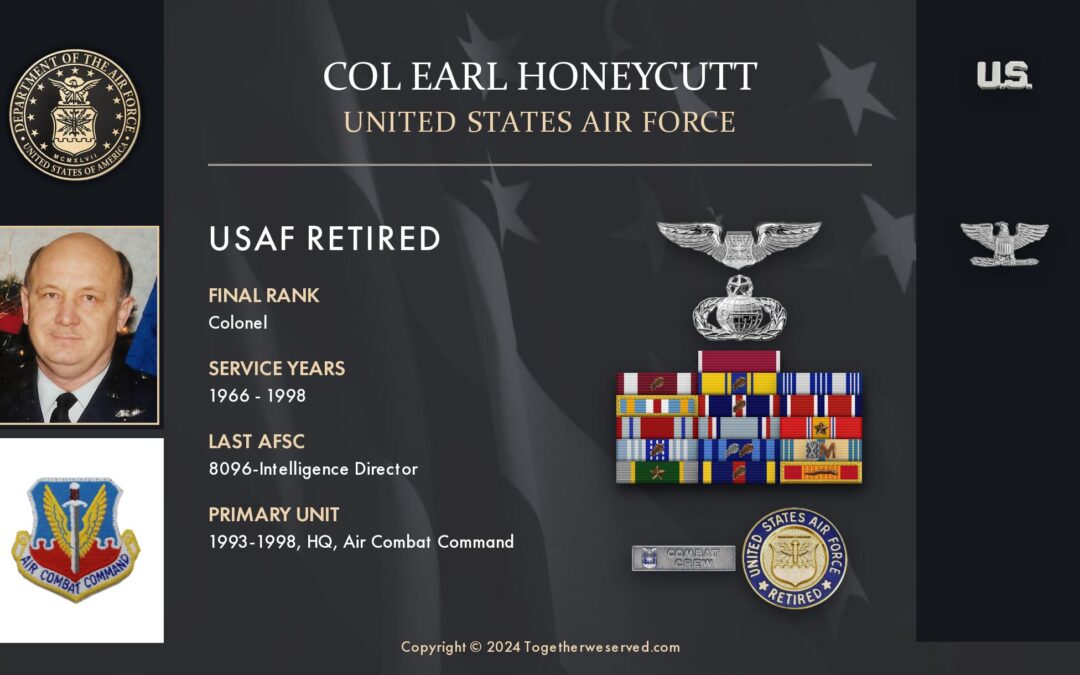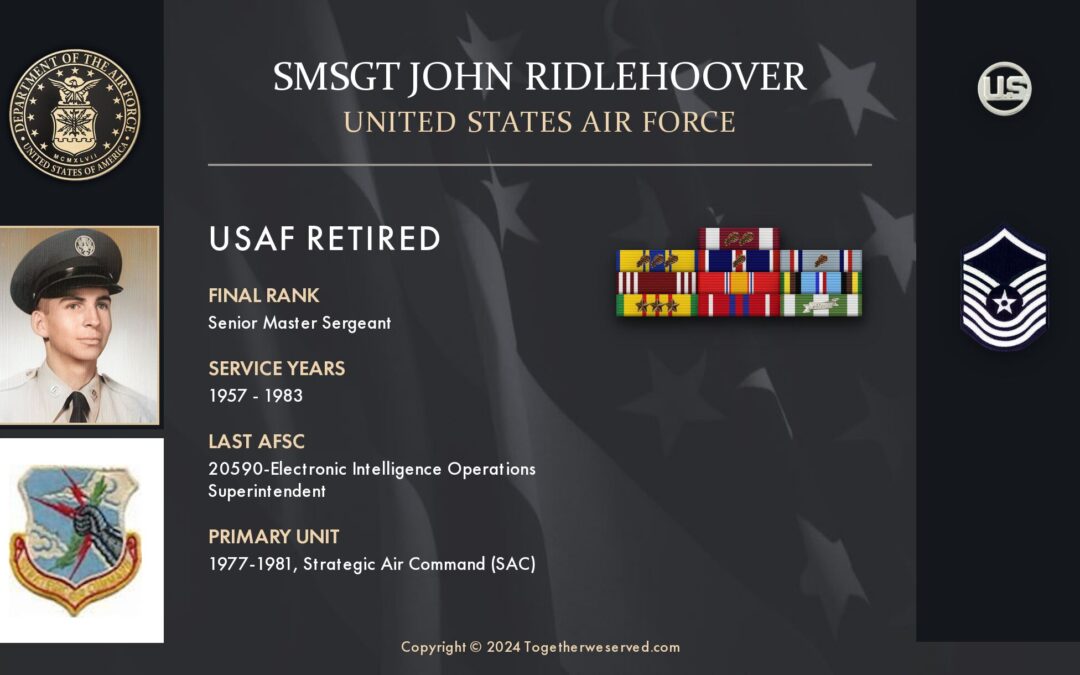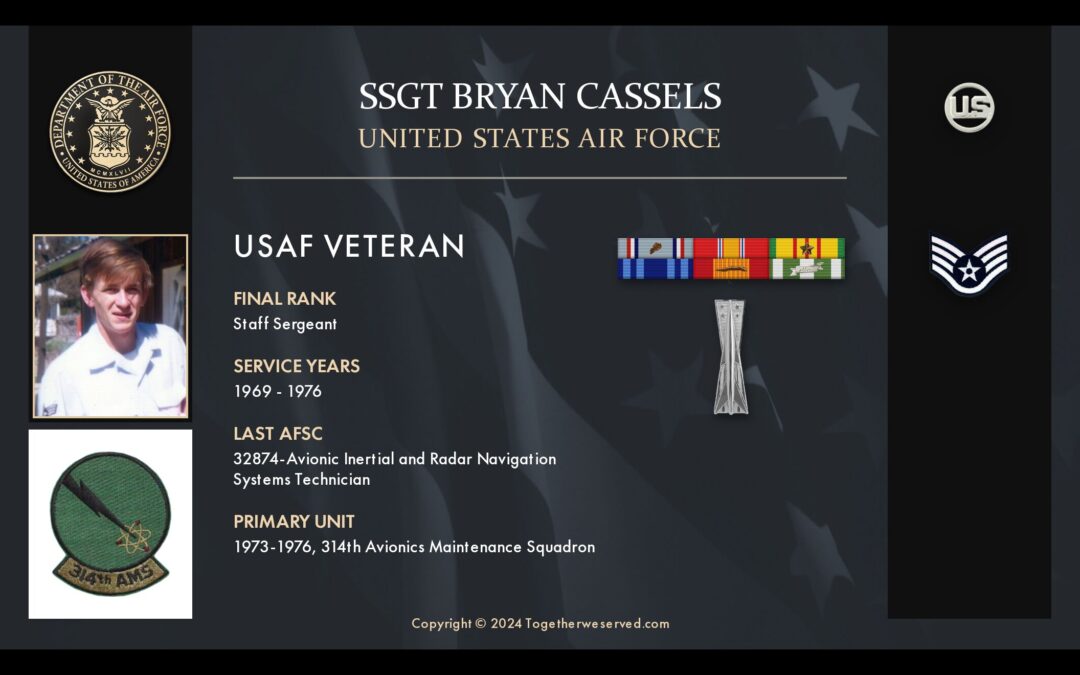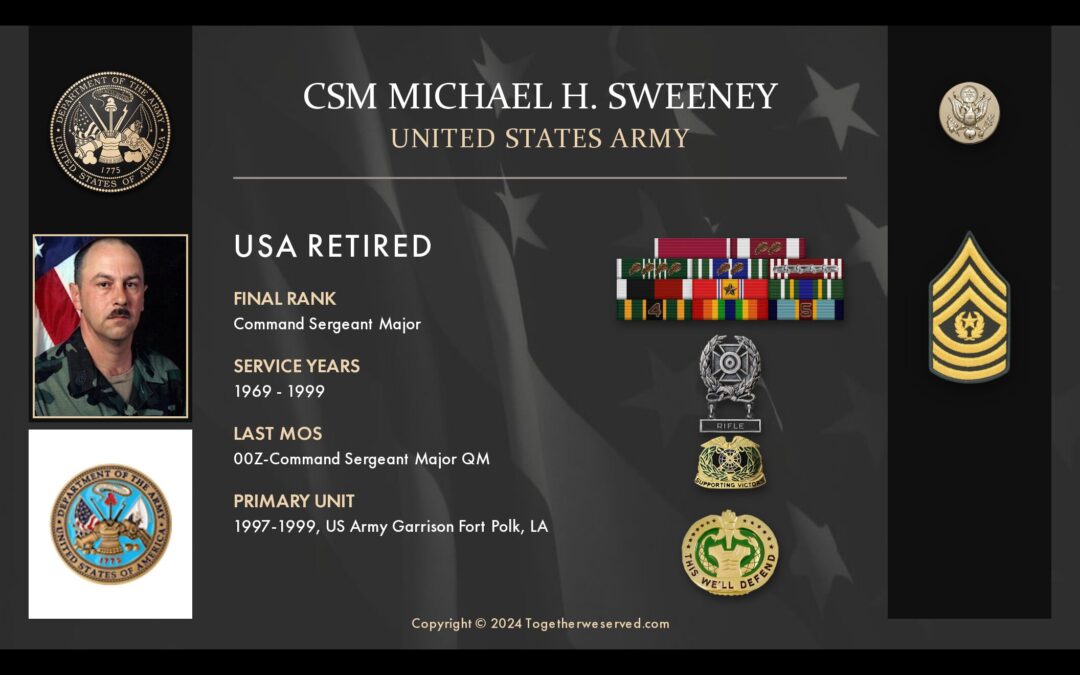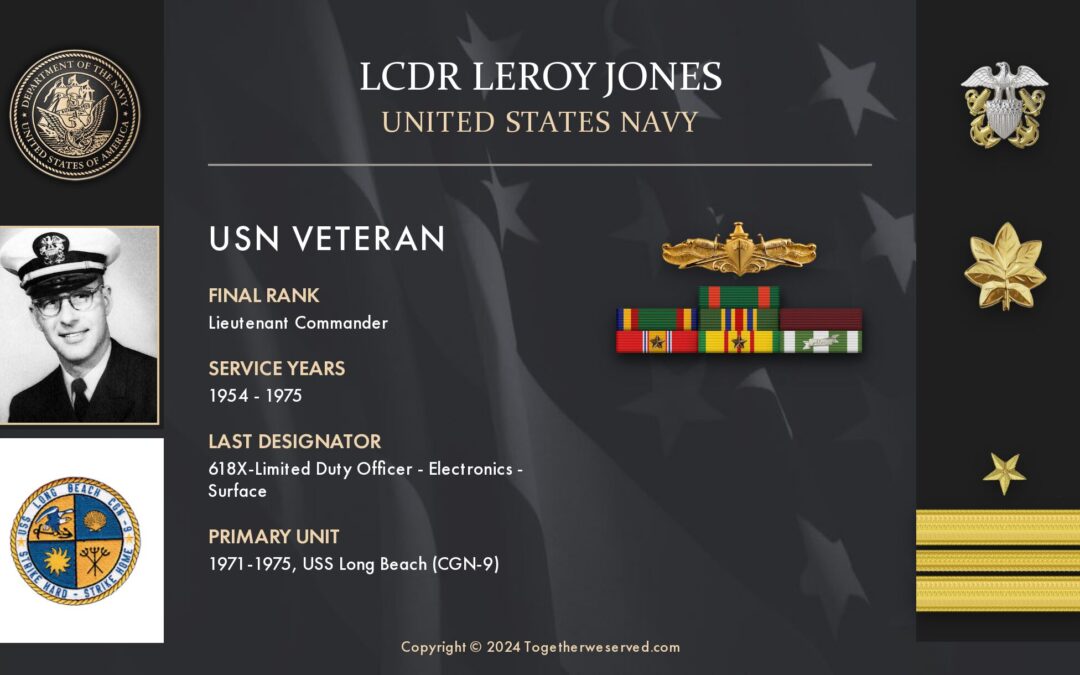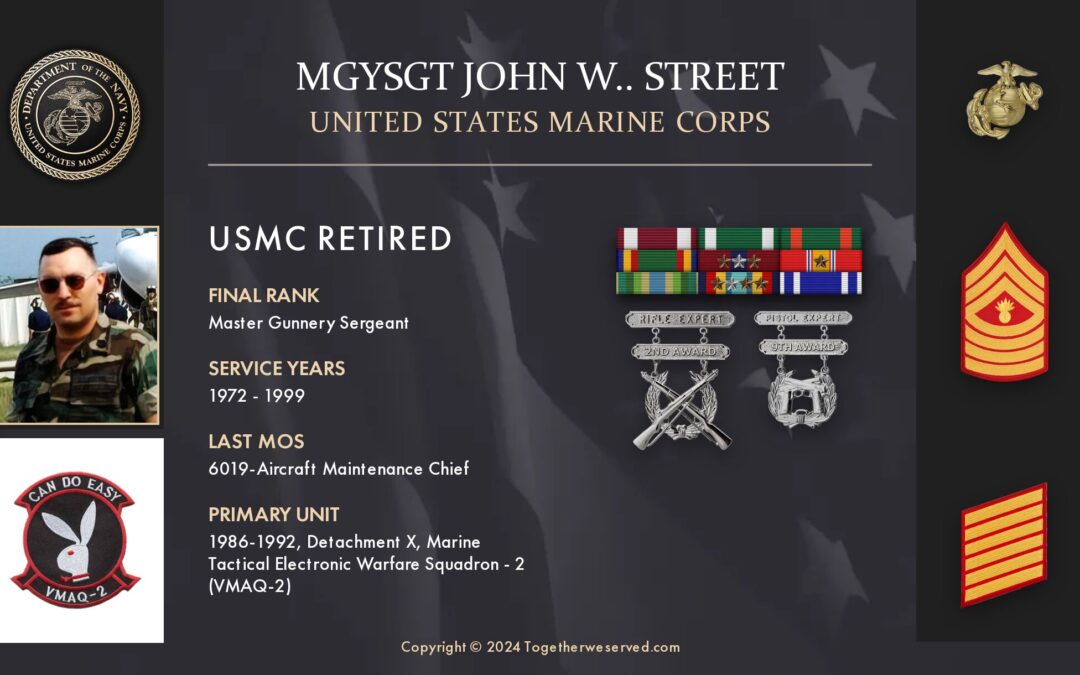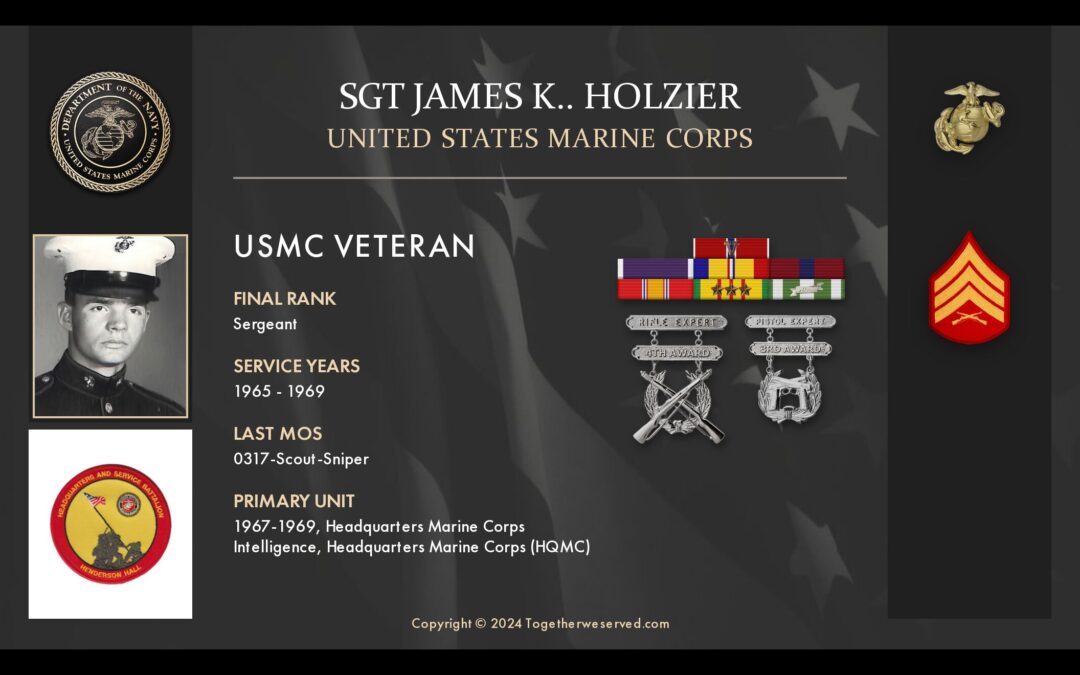It was straightforward. My father, a WWII veteran who left the Army as a Captain, gave me sage advice. I was about to enter my freshman year in college in 18. There was still a draft. He told me to get into the ROTC program because it was better to serve as an officer than an enlisted soldier. I would not challenge his credibility about this and so on. Unusually for an 18-year-old, I listened to my father. And went on to serve for almost 30 years and retired as a Colonel. I sure wish he had lived to see that!
